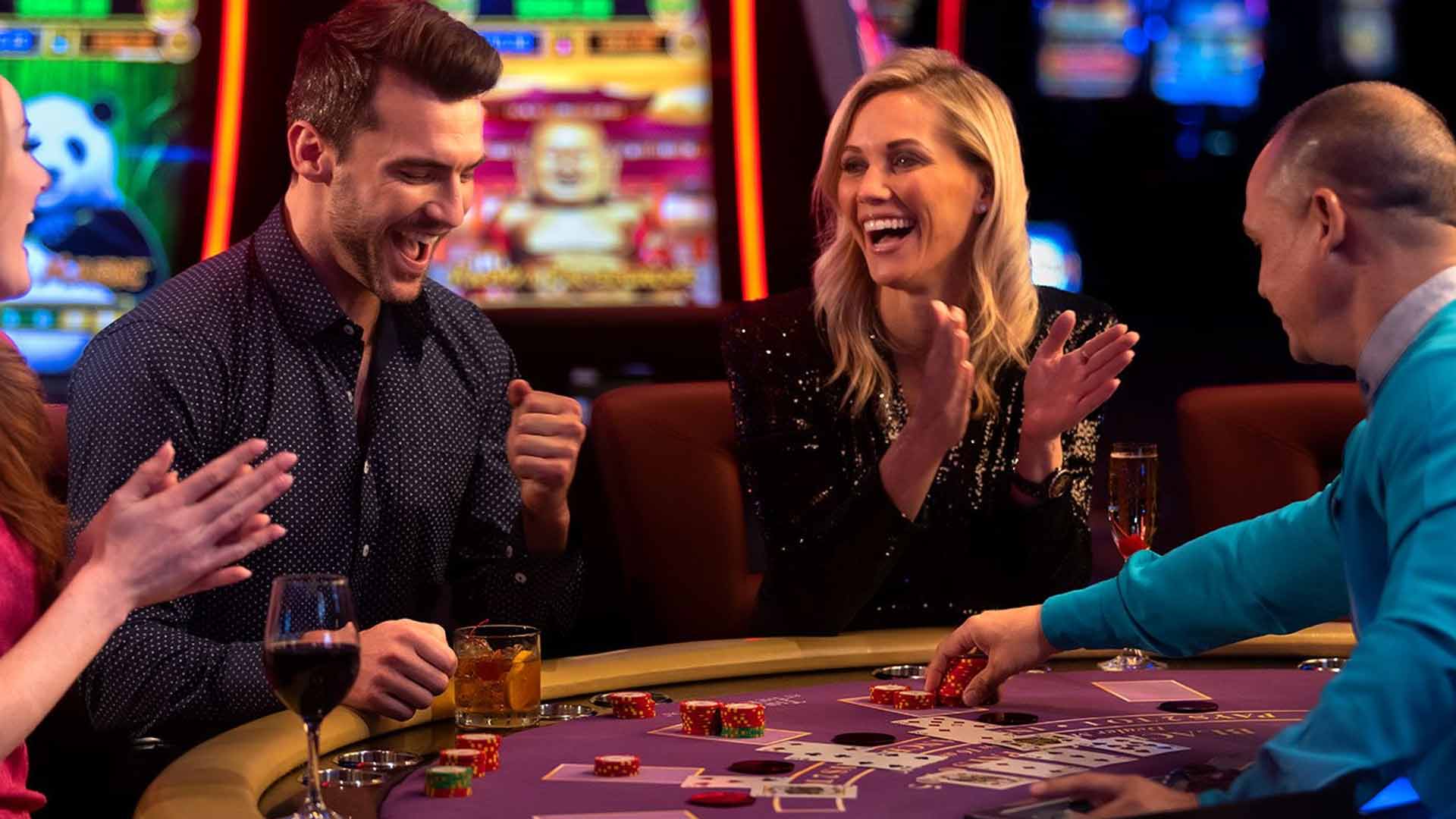What Casinos Teach About Risk

What Casinos Teach About Risk
Casinos, with their glittering lights and endless possibilities, are more than just entertainment venues; they are intricate laboratories of risk. Every game, every wager, every strategic decision within their walls is a direct engagement with uncertainty. Far from being mere denizens of chance, these establishments offer profound lessons in understanding, calculating, and managing risk – insights that extend far beyond the felt tables and into the realms of finance, business, and even daily life. By dissecting the core principles that govern casino operations and player behavior, we can unearth invaluable wisdom about navigating an unpredictable world.
At the heart of every casino game lies an undeniable mathematical truth: the house always has an edge. This isn't about luck or rigging; it's about probability and expected value (EV). Casinos meticulously design games where, over a vast number of trials, the odds slightly favor them. Understanding this concept is paramount to grasping risk. For a player, the "expected value" of a bet is, on average, what they can expect to win or lose per unit wagered. In casino games, this EV for the player is almost always negative. This doesn't mean you can't win in the short term, but it highlights the certainty of long-term loss if you play enough. This lesson underscores that true risk assessment isn't about hope but about cold, hard statistical reality.
Perhaps one of the most practical lessons casinos impart is the importance of bankroll management. While casinos themselves operate with massive capital and sophisticated risk models to absorb short-term variance, individual players often neglect this crucial aspect. A casino never bets its entire capital on a single game; it diversifies and manages its exposure. Similarly, successful gamblers – even those playing games with a smaller house edge or trying to find a good deal like those offered by an m88 slot alternatif – understand the need to set limits, allocate specific funds for gambling, and stick to them. This discipline prevents catastrophic losses and ensures longevity in any risky endeavor. It’s not just about how much you stand to lose, but how much you can afford to lose without jeopardizing your overall financial stability.
Casinos are master educators in the realm of human psychology and behavioral economics. The environment is designed to stimulate emotions – excitement, hope, greed, and despair. Many players fall prey to cognitive biases: the gambler's fallacy (believing past outcomes influence future independent events), the illusion of control (thinking skill can overcome pure chance), or chasing losses (doubling down to recover what's been lost). What casinos teach is the critical need for emotional discipline. When engaging with risk, whether in investing, entrepreneurship, or personal decisions, succumbing to fear or overconfidence can lead to irrational choices and detrimental outcomes. The ability to detach emotion from decision-making is a cornerstone of effective risk management.
Another profound lesson from the casino floor is the concept of variance. In the short term, anything can happen. A player can have a lucky streak, defying the odds for a period. This variance is what makes gambling exciting and what keeps players coming back. However, over the long run, the law of large numbers ensures that outcomes converge towards their expected values. The casino understands this perfectly; they know they will eventually win because of their mathematical edge. For individuals, this means understanding that a few wins don't signify skill where none exists, and a few losses don't signify doom. It teaches patience and the understanding that consistent, rational decisions, even with small negative expected values, are the only way to manage risk effectively over time, though in real life, we seek positive expected values.
The insights gleaned from casinos are surprisingly transferable. In financial markets, investing without understanding probability, expected value, and diversification is akin to betting everything on a single roulette spin. Entrepreneurs must manage their capital (bankroll), understand market probabilities (their edge), and not let fear or euphoria dictate their business decisions. Even in personal life, from career choices to health decisions, we constantly weigh risks and rewards. Casinos, in their distilled form, highlight the universal principles: quantify risk where possible, manage your resources wisely, control your emotions, and understand that short-term fluctuations are part of a larger, long-term game.
In conclusion, casinos are not just houses of chance; they are profound classrooms for understanding risk. They teach us the immutable laws of probability, the imperative of responsible bankroll management, the pitfalls of emotional decision-making, and the nature of variance. While their objective is profit, the lessons they inadvertently offer can empower individuals to make more informed, disciplined, and ultimately, more successful decisions when navigating the inherent uncertainties of life. The ability to recognize, assess, and strategically respond to risk is a valuable currency, and the casino, in its own unique way, is an excellent if expensive, school for acquiring it.